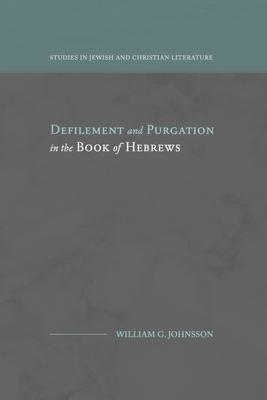At the epicenter of the book of Hebrews stands a prolonged exposition of the Israelite cult. While many studies have focused on the theology of the cult, Johnsson uses a structuralist and religio-historical approach to analyze Hebrews as a religious document that shares anthropological parallels with other major religious groups and their documents.
Johnsson's initial survey of scholarship on the cult in Hebrews lays the foundation for analyzing the key terms of "defilement," "purgation," and "blood," which stand at the heart of the cultic argumentation of Hebrews. These terms and their associated ideas are analyzed closely in their contexts within Hebrews 9-10, which reveals significant theological implications for the human condition as laid out in the rest of the discourse.
